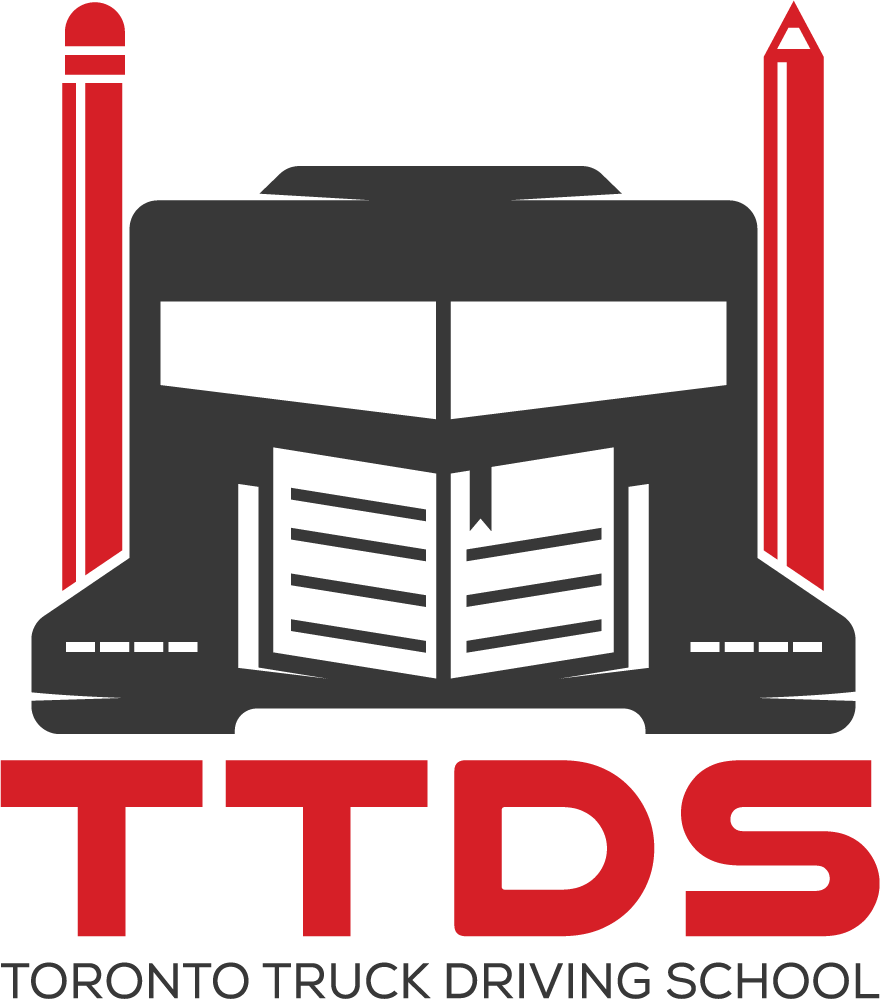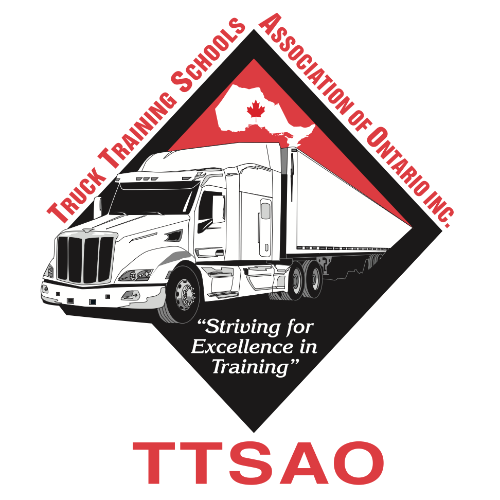31 May What to Look for in an Employer Once You’re an AZ Licensed Driver
If you’ve recently earned your AZ license, you’re probably eager to start your new career. But before you hit the road, there’s an important decision to make: choosing the right employer. It’s not just about finding a job; it’s about finding a place where you can thrive, grow, and feel valued. Let’s explore what you need to look for in an employer to gear up for a successful driving career.
Compensation and Benefits
When you start your journey as an AZ licensed driver, the compensation package offered by potential employers is often the most immediate concern. In Ontario, the salary for AZ drivers can vary widely depending on the company, the type of cargo, and the routes (local vs. long-haul). As a starting point, many AZ drivers can expect to make anywhere from $20 to $30 per hour. Long-haul drivers might earn more due to the increased demands and overnight routes, often reflected in per-mile payments or additional per-diem compensation.
However, you need to look beyond the hourly rate or salary and consider the full range of benefits for your job satisfaction and financial health. A good benefits package can outweigh a slightly lower wage in the long run. It will usually include health insurance and paid time off, and some will include a pension plan with company matching. Common benefits packages for AZ licensed drivers may include:
• Health insurance: Coverage for medical expenses, including doctor visits, prescriptions, and hospital stays.
• Paid time off: Vacation days, sick leave, and holidays to ensure you have time to rest and recharge.
• Retirement plans: Pension plans with employer contributions or retirement savings options like RRSP plans.
• Additional perks: Some companies may offer bonuses, profit-sharing, or incentives for safe driving and performance.
In your interviews, be sure to inquire about the compensation and benefits package. A reputable employer will welcome your questions, demonstrating transparency and a commitment to employee satisfaction. Conversely, if these inquiries are brushed aside, it may indicate a lack of transparency or alignment with your career objectives.
Work-Life Balance
Maintaining a healthy work-life balance is a significant challenge for AZ licensed drivers in Ontario due to the demands of long driving hours and time away from home. Finding an employer who understands and promotes a balanced lifestyle is crucial for job satisfaction and well-being.
Local routes tend to allow drivers to return home each night, making them ideal for those with family commitments or social lives they want to maintain. On the other hand, long-haul routes typically pay more but require you to be away for extended periods. Some employers may offer flexible scheduling options, which can be invaluable for managing personal life and work commitments effectively.
Employers who guarantee specific amounts of home time enable more reliable planning for rest and family activities. Additionally, understanding a company’s policies on emergency leave is essential, as life can be unpredictable, and being able to return home quickly without repercussions during emergencies is crucial.
Asking specific questions about weekly hours and home time during interviews can provide insight into how much the company values work-life balance, contributing to both professional growth and personal satisfaction.
Job Security
When evaluating potential employers, look for signs of company stability and job security to ensure you are making a sound investment in your future. Established companies with a good reputation are generally more reliable and likely to offer a stable work environment. In addition, organizations that are expanding and embracing new technologies usually provide more secure employment opportunities compared to those that are downsizing or struggling financially.
The demand for AZ licensed drivers varies across different sectors, influencing job security. For instance, industries like construction or retail may experience seasonal fluctuations, impacting the demand for transport. Sectors such as food services or healthcare tend to have more consistent needs, offering greater job stability due to their continual requirement for transportation, regardless of broader economic conditions. Understanding how a company handles seasonal fluctuations in demand—such as increased freight volumes during certain holidays or reduced activity in certain weather conditions—can provide insight into its operational resilience and capacity to maintain steady employment levels.
High employee turnover can indicate underlying issues like poor management, inadequate compensation, or unsatisfactory working conditions. In contrast, low turnover rates often suggest that employees are content and tend to remain with the company long-term. This not only reflects job security but also a positive work environment.
Safety and Compliance
Safety is paramount in the trucking industry for the well-being of drivers and the public. When evaluating potential employers, check if the company adheres strictly to the regulatory requirements set forth by transportation authorities in Ontario. This includes compliance with hours of service regulations, which are designed to prevent driver fatigue by limiting the number of hours drivers can operate a vehicle within a given period. A company that enforces these rules is looking out for the safety of its drivers and the public.
Equipment quality is equally important. Well-maintained vehicles are less likely to encounter mechanical failures that could lead to accidents. During your assessment, ask about the company’s vehicle maintenance procedures and schedules. Companies that proactively maintain their fleet demonstrate a commitment to safety and are likely to have lower accident rates.
Additionally, consider the company’s approach to health and safety beyond compliance. Do they have a culture that promotes safety as a priority? Are there systems in place for drivers to report safety concerns without fear of repercussions? An environment that encourages open communication about safety often indicates a proactive approach to preventing accidents and injuries.
Career Development
Employers who invest in the growth of their drivers often provide a more fulfilling and sustainable work environment. When evaluating, consider the availability and quality of professional development opportunities. Look for companies that offer structured training programs, not only for new drivers but also for ongoing skill enhancement. This can include specialized training in hazardous material transport, advanced driving techniques, or certification in new technologies, such as electric trucks or advanced logistics software.
Beyond initial training, assess the employer’s commitment to continuous learning, such as in regular workshops, industry conferences, or tuition reimbursement programs for courses that could further your career. You can also inquire about the pathways available within the company for career advancement. For example, some companies might offer progression from local routes to long-haul driving or opportunities to move into logistics management, training roles, or even positions in safety compliance and operations management. Understanding these paths can help you choose an employer who aligns with your long-term career goals.
Whether you’re a beginner or seeking to advance your expertise, Toronto Truck Driving School offers the resources and expertise to propel your success. Contact us today to discover our comprehensive programs and how we can empower you to elevate your career in truck driving.


